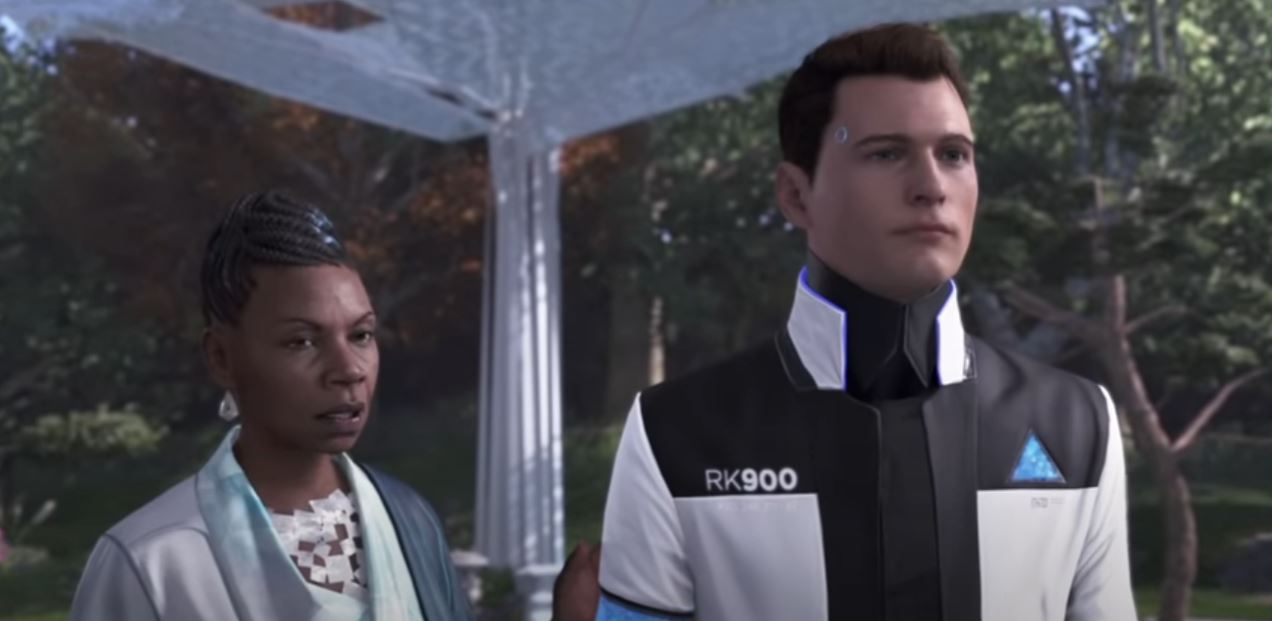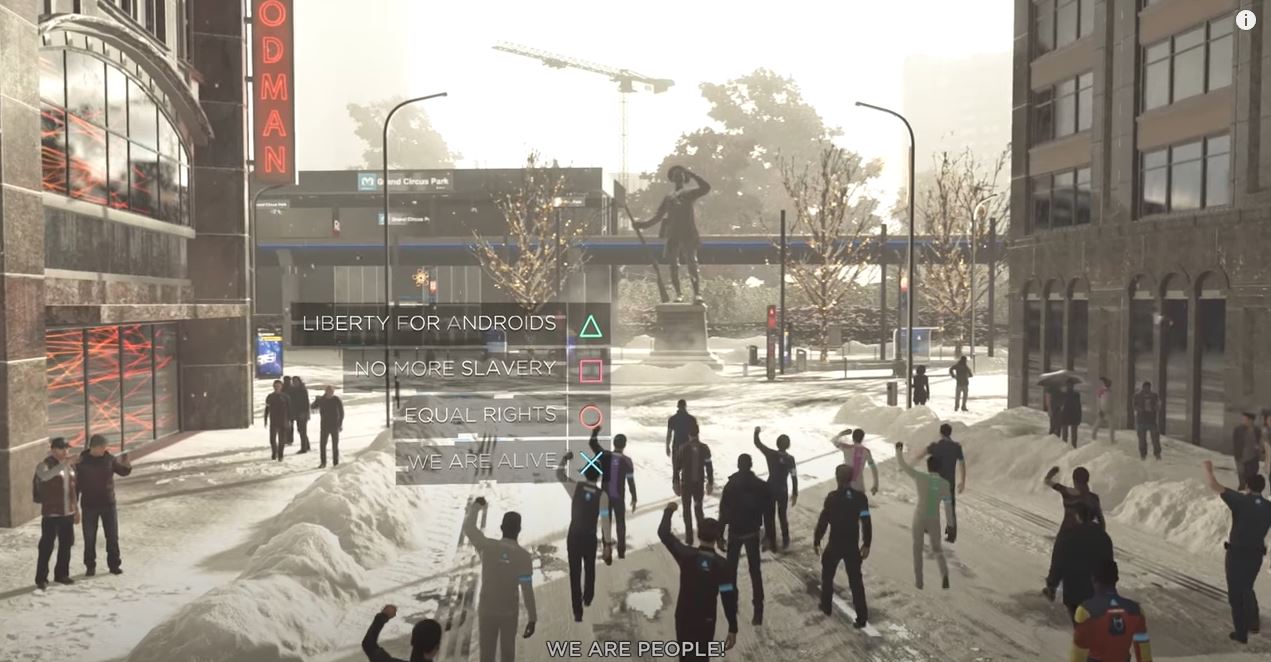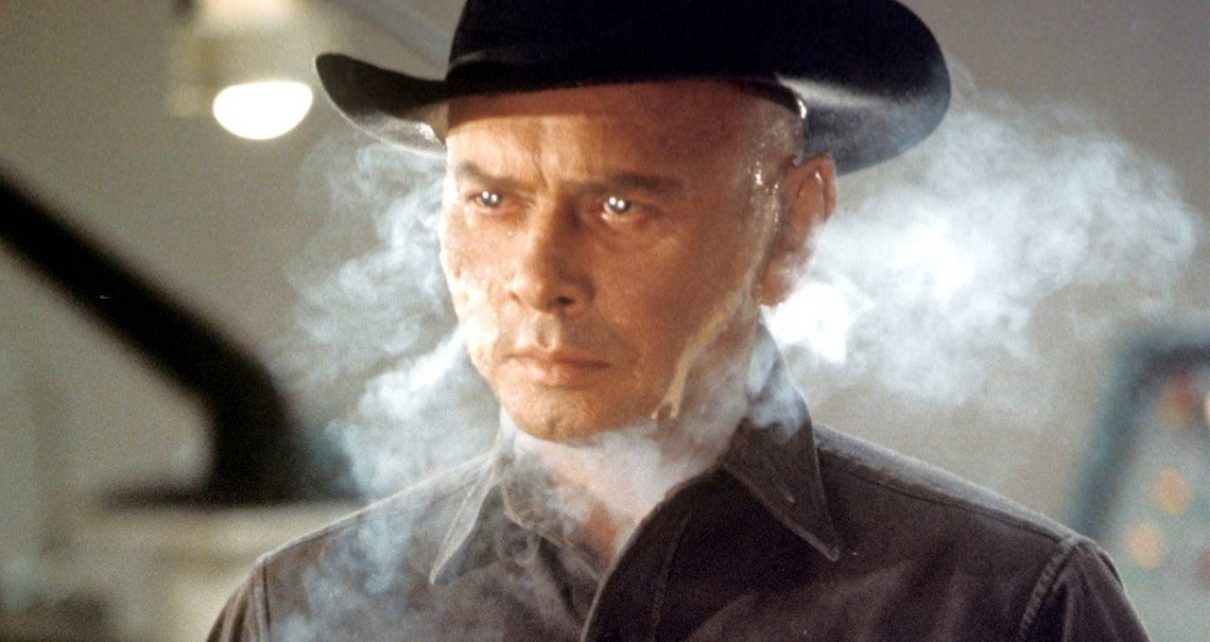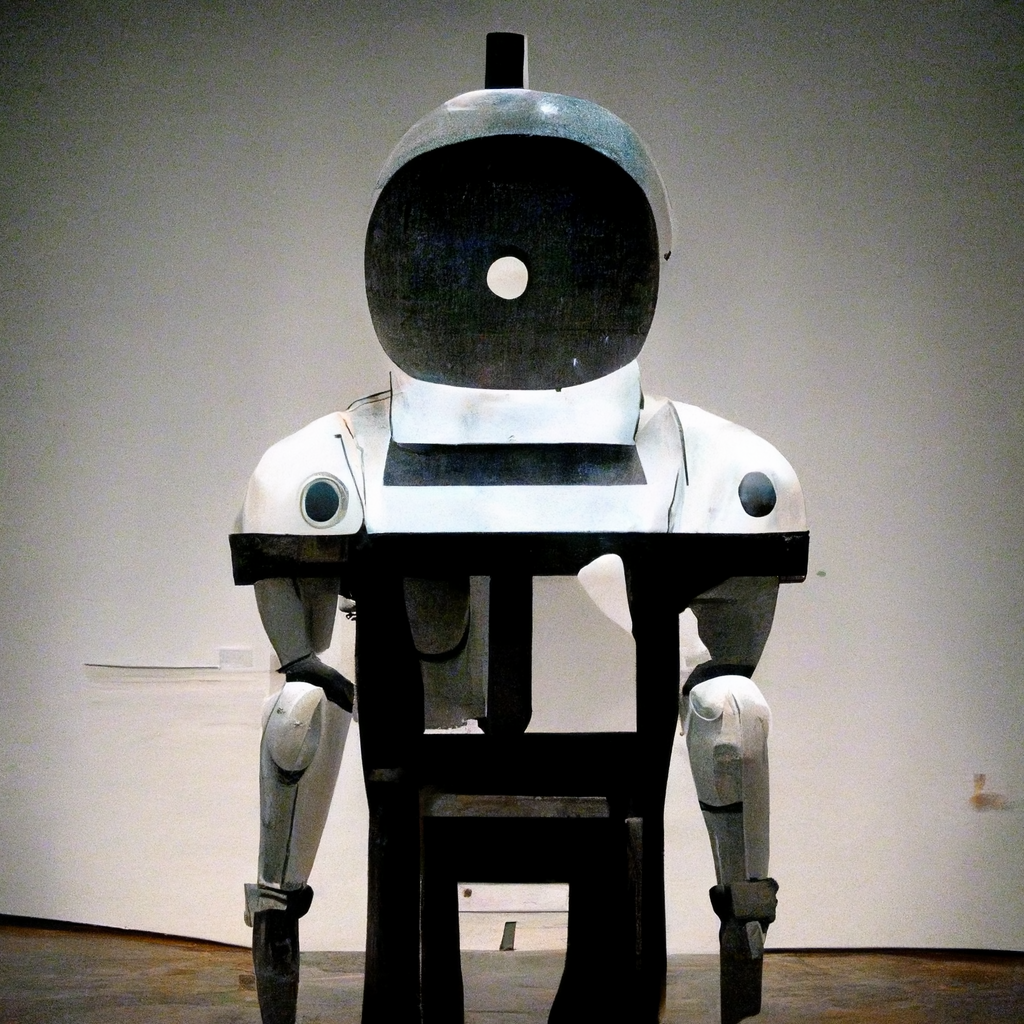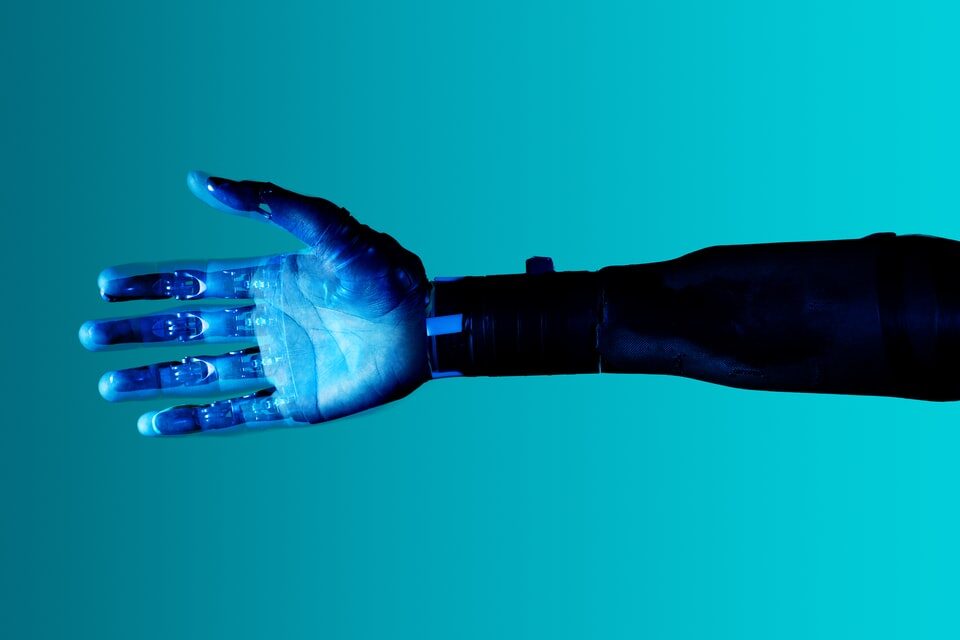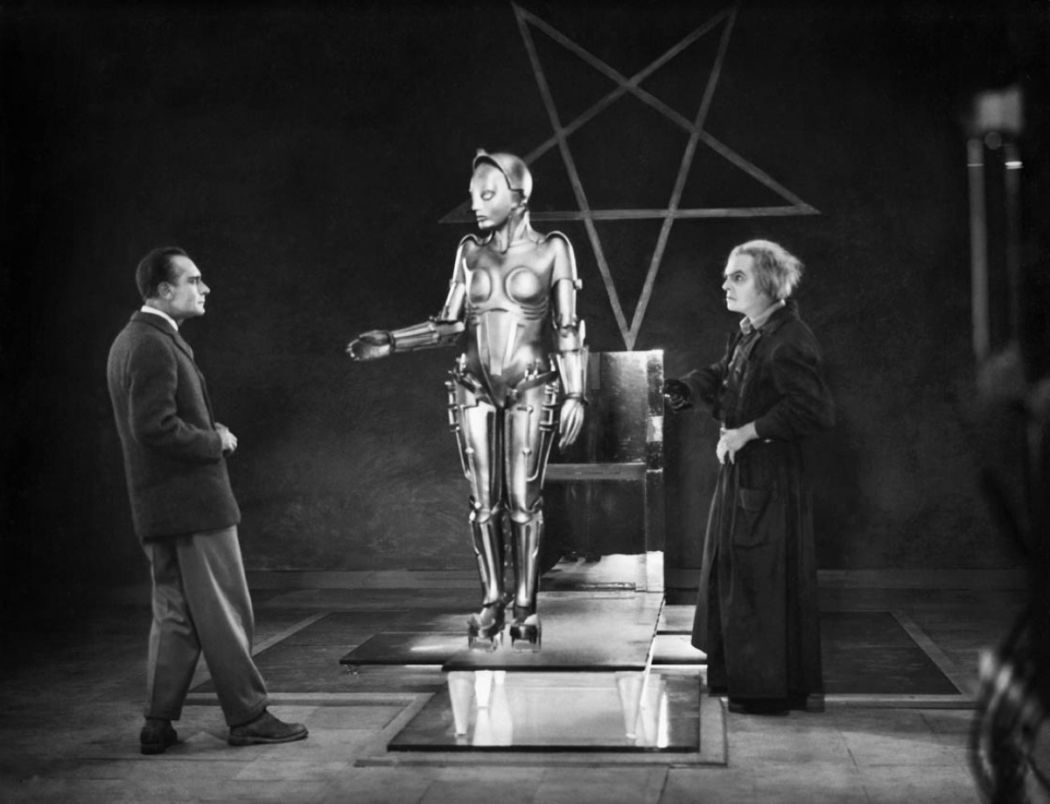A questionably written game gave rise to one of the most exuberant and creative fandoms in recent years. What was going on with the fandom that turned a barely-there character into a beloved fan favorite, filmed an entire feature-length movie, and wrote millions of words about playing with wires in a sexy way?
What happens when a writer tries to make oppressed robots stand in for tons of different kinds of real marginalized people in the same story? A confusing, frequently offensive, but occasionally interesting mess. Amanda Jean joins the podcast to tackle Detroit: Become Human, a game that tried to make its robots an allegory for everything at once.
Cora and Demetria take a trip to a future that’s obsessed with the past. Is Westworld a typical 70s western, or is it a twisted nostalgia trip through 50s western tropes? Is it saying something about American masculinity, or is it just a story about scary amusement parks? And are these robots even sentient, or just glitchy?
We’re jumping into AI art creation with Magali. When we generate artistic images with a bot, who’s the real artist? And can we make an art bot draw itself?
Author S.A. Chant joins us again to discuss what it’s like to write a story about robots. How does the perspective of the point-of-view character change the way we experience science fiction? What does representation mean in a genre full of non-human characters? And where can trans science fiction go from here?
Author S.A. Chant joins Demetria to talk about the conversation about The Matrix when it first came out in 1999—and how that conversation changed when the movie’s directors came out as trans. What’s it like to rewatch a movie that famously defied easy interpretation two decades after its release?
Isaac Meyer joins us to discuss Metropolis, a 1927 German film directed by Fritz Lang.
Check back soon for more information about the robots we love (or love to hate) in fiction and in real life.
